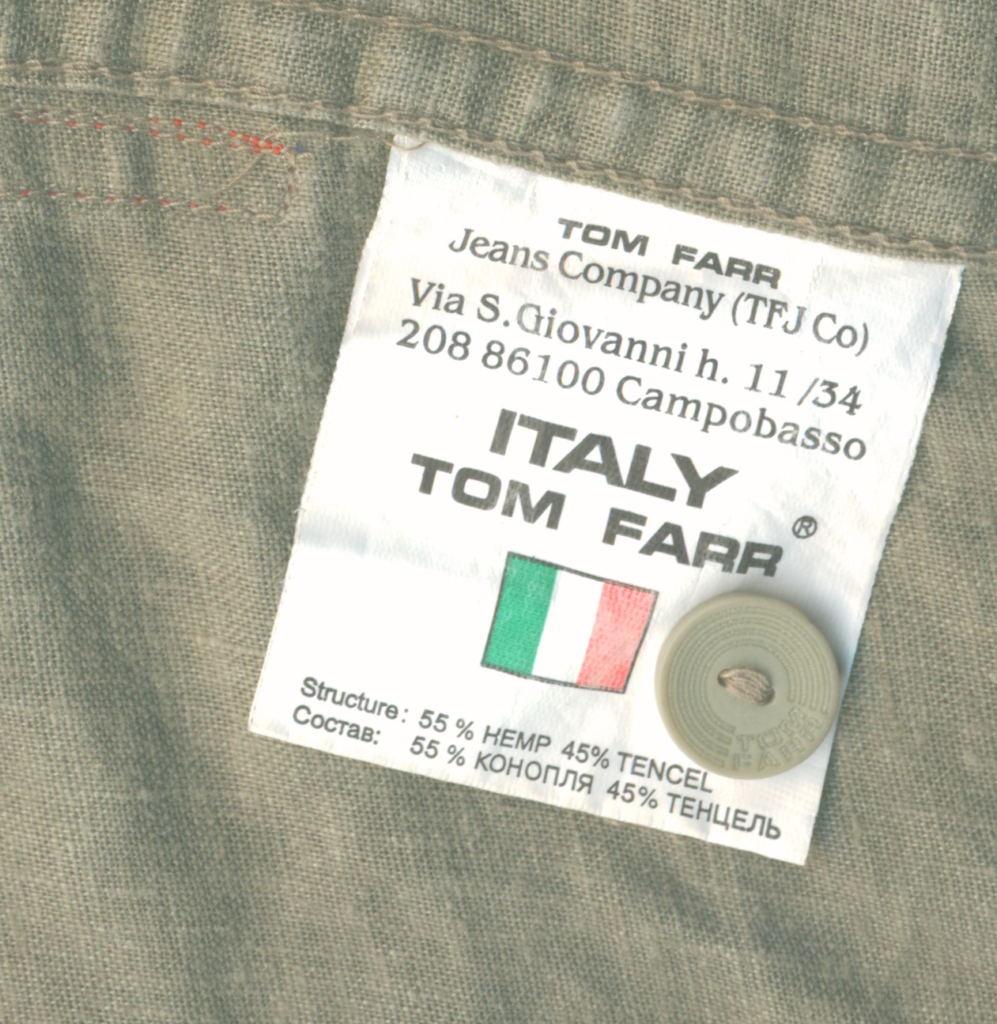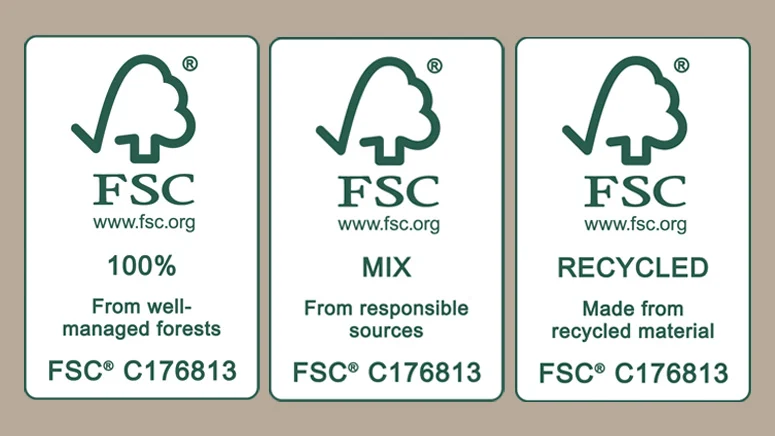Over the past few years, the textile industry has been subject to scrutiny for its environmental impact. With increasing awareness of sustainable practices, many companies are seeking innovative solutions, such as the production of textile fibres from sustainable woody sources. The production of textile fibres from sustainable woody sources represents a major advance in the search for environmentally friendly textiles. Let’s explore together the benefits of wood-based fibres, the companies leading this movement and their contribution to a more sustainable future.
The fashion and textile industry is known for its environmental footprint. Conventional fibre production often relies on harmful processes, contributing to pollution, deforestation and high water consumption. By contrast, wood-based textile fibres, derived from sustainably managed forests, are an attractive alternative. These fibres not only reduce environmental impact, but also offer unique advantages in terms of performance and sustainability. The production of textile fibres from sustainable wood sources represents a major advance in the search for environmentally friendly textiles.
Understand Wood-Based Fibres
Wood-based fibres, such as Lyocell, Modal and Viscose, are produced from cellulose extracted from wood pulp. These fibres are known for their softness, breathability and moisture absorption properties, making them ideal for various textile applications. The production process generally involves the dissolution of wood cellulose and its regeneration into fibres, which can be spun into yarn and woven into textiles. The use of these fibres would therefore represent a major advance in the search for environmentally friendly textiles.

Environmental Benefits
Wood-based fibre companies often choose to source materials from sustainably managed forests, thus ensuring responsible tree harvesting that preserves biodiversity and helps reduce carbon emissions.
Moreover, in comparison to cotton production, which involves high water consumption, wood fibres generally require less water during cultivation and processing, leading to a lower overall environmental impact. Last but not least, many of these fibres are biodegradable, which means that they degrade naturally at the end of their life cycle, unlike synthetic fibres, which can take hundreds of years to decompose.
Key Actors in Wood-based Fibre Production
There are several companies at the forefront of the production of sustainable textile fibres from wood. These organisations are committed to innovation and environmental responsibility. This is because, as we have seen, the production and use of textile fibres from sustainable wood sources would lead to significant progress in the search for environmentally friendly textiles.
Sappi
Sappi is a leading global producer of wood-based fibres, focusing on sustainability and innovation. Their product range includes various cellulose fibres used in textiles, paper and other applications. Sappi emphasises responsible forestry practices and is certified by organisations such as the Forest Stewardship Council (FSC), ensuring that their raw materials come from sustainably managed forests.
Lenzing AG
Lenzing AG is another major player in the wood-based fibres market. Their TENCEL™ brand is well known for its environmentally friendly fibres made from sustainably sourced beech and eucalyptus trees. Lenzing uses a closed-loop production process that recycles water and solvents, minimising waste and environmental impact. The company’s commitment to sustainability has made it a preferred choice for environmentally conscious fashion brands.

EcoCouture
EcoCouture is an emerging brand that specialises in eco-friendly fabrics made from wood pulp. Their innovative approach involves blending traditional fabrics with sustainable fibres to create fashionable and environmentally friendly clothing. EcoCouture focuses on transparency in their supply chain, allowing consumers to make informed choices about their clothes.
The Future of Wood-Based Fabrics
Consumer demand for sustainable textiles is increasing, driven by growing consumer awareness of environmental issues. The market for wood-based fibres is set to grow significantly as more and more brands seek to reduce their ecological footprint. The production of textile fibres from sustainable wood sources represents a major advance in the quest for environmentally friendly textiles.

Technological Innovations
Technological advances are improving the efficiency of fibre production from wood. Innovations in enzymatic processes and green chemistry are leading to more sustainable extraction and processing methods, further reducing the environmental impact of wood-based textiles.
Consumer Awareness and Preferences
Nowadays, consumers are increasingly prioritising sustainability in their purchasing decisions. The brands that embrace environmentally friendly practices are bound to resonate more with the modern consumer, leading to a shift in the industry towards greener alternatives. Wood-based fibres represent an attractive option for brands wishing to align with these values.
Challenges in Wood-based Fibre Production
Although there are promising benefits of wood-based fibres, there remain several challenges in the industry.
Supply Chain Transparency
A major concern in the sustainable textile industry is ensuring supply chain transparency. Consumers want to know where their materials come from and how they are produced. Companies must invest in traceability systems to build trust and credibility with their customers.
Cost and Accessibility
Currently, the production of wood-based fibres can be more expensive than traditional fibres, which may limit their accessibility for some brands. As the technology advances and production increases, costs are expected to decrease, making these sustainable options available to a wider audience.

Conclusions
The production of textile fibres from sustainable wood sources represents a major advance in the pursuit for environmentally friendly textiles. Companies such as Sappi, Lenzing AG and EcoCouture are leading the change, demonstrating that it is possible to create high-quality textiles while respecting sustainability. With the increasing demand for environmentally friendly options, the future of wood-based fabrics looks promising, paving the way for a more sustainable fashion industry.
By embracing innovation and responsible practices, the textile industry can reduce its environmental impact and satisfy the needs of conscious consumers. The shift towards wood-based fibres is not just a fad; it is a necessary evolution in the quest for a more sustainable future for fashion and textiles. The production of textile fibres from sustainable wood sources represents a major advance in the quest for environmentally friendly textiles.




